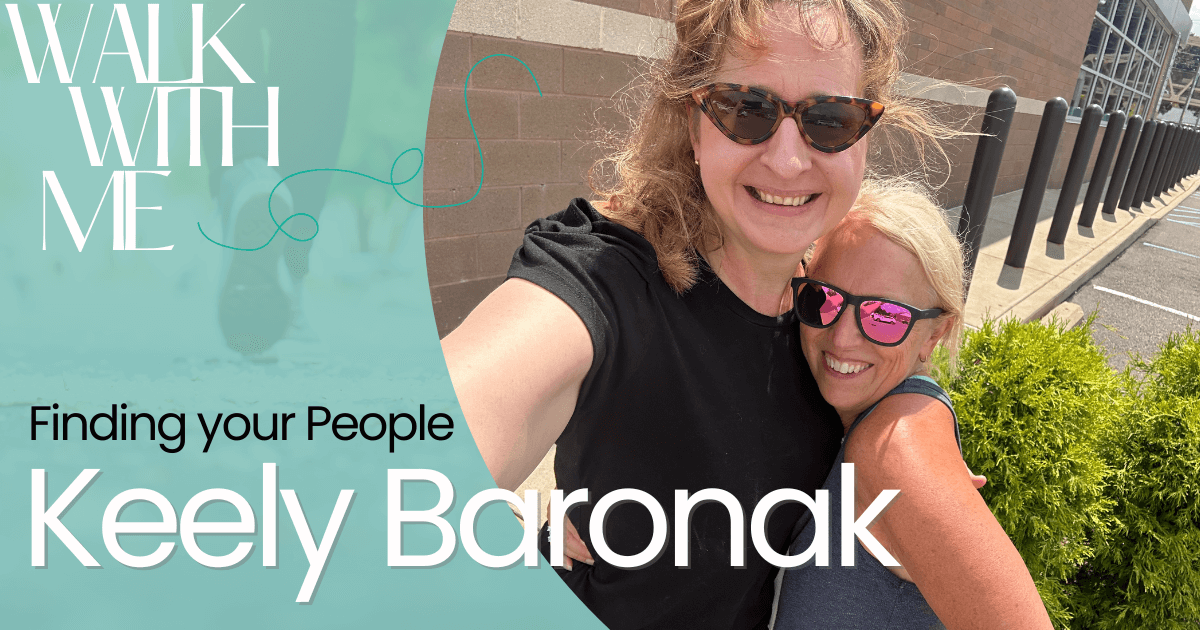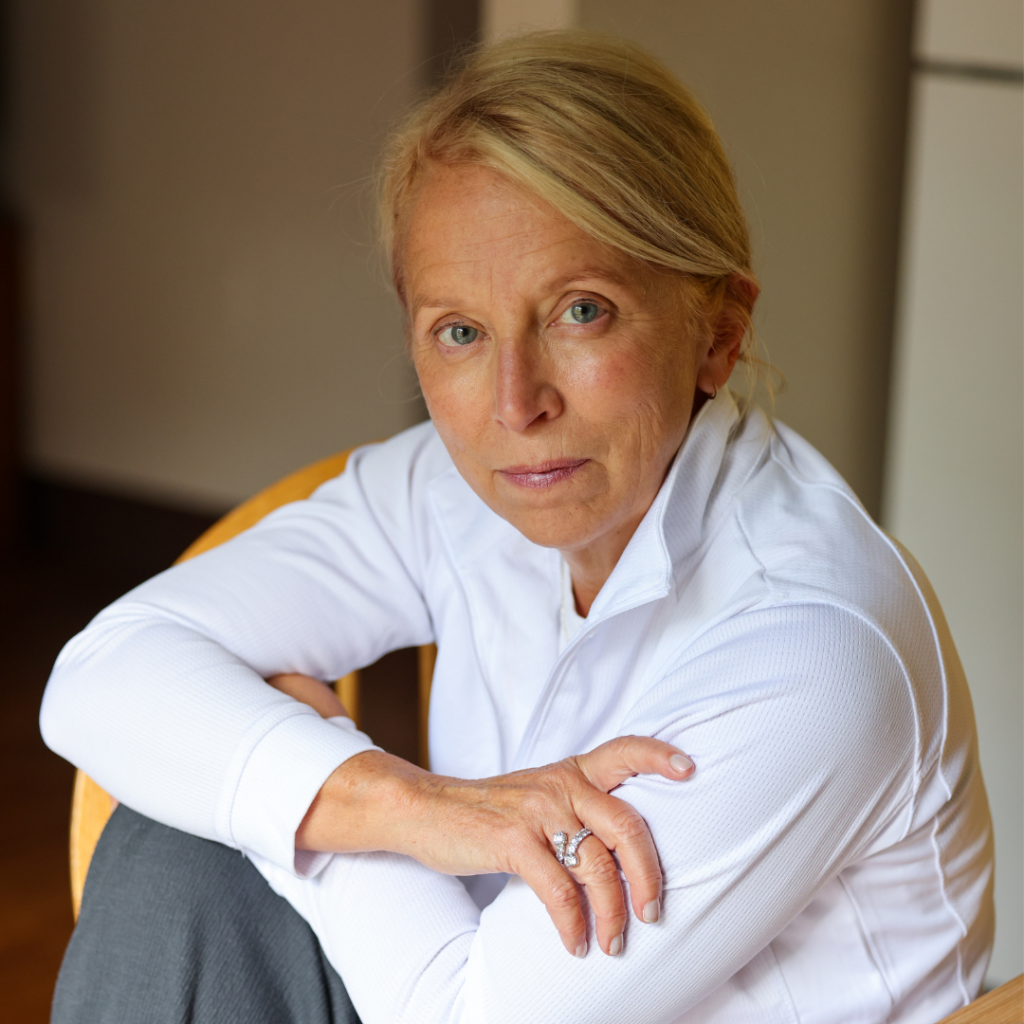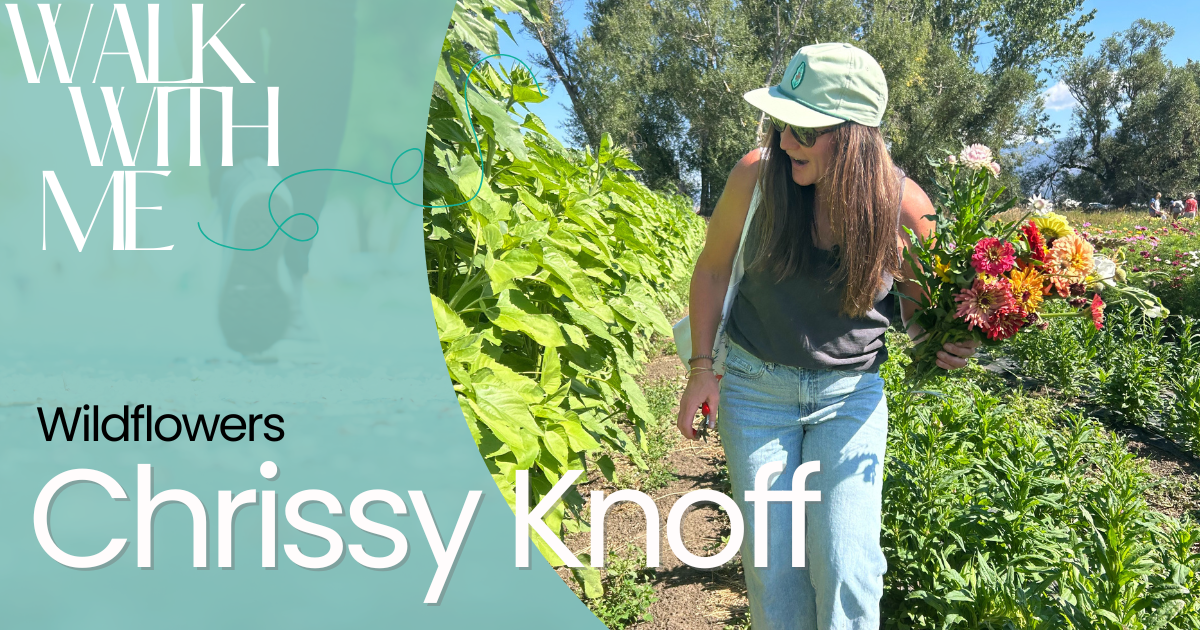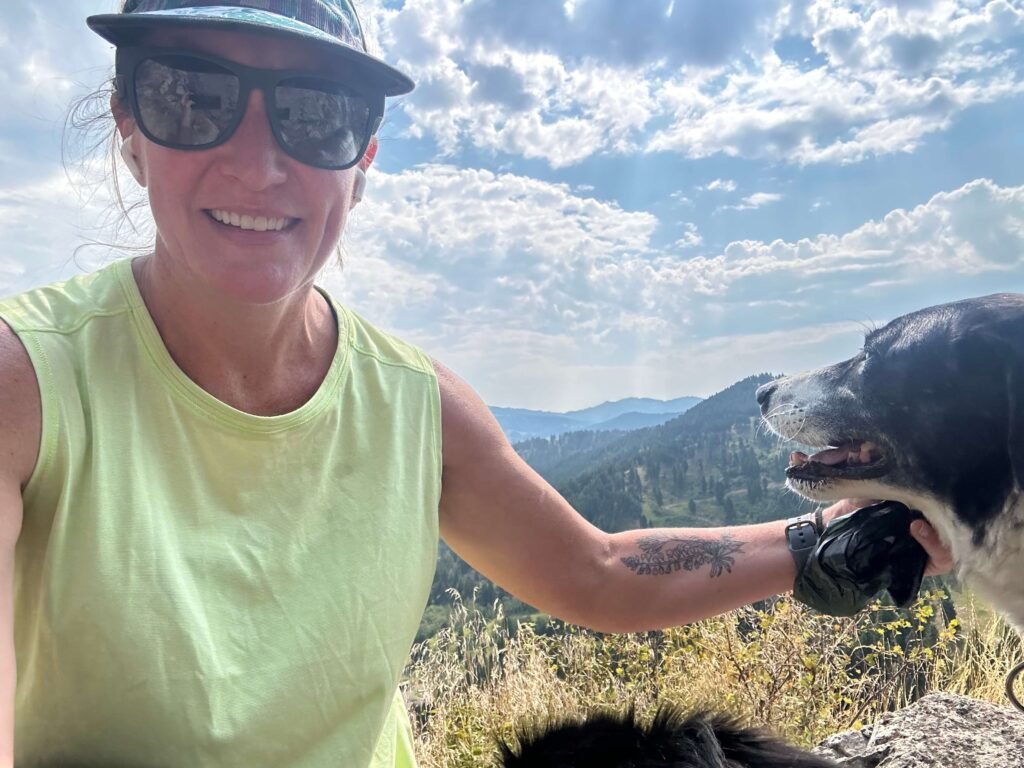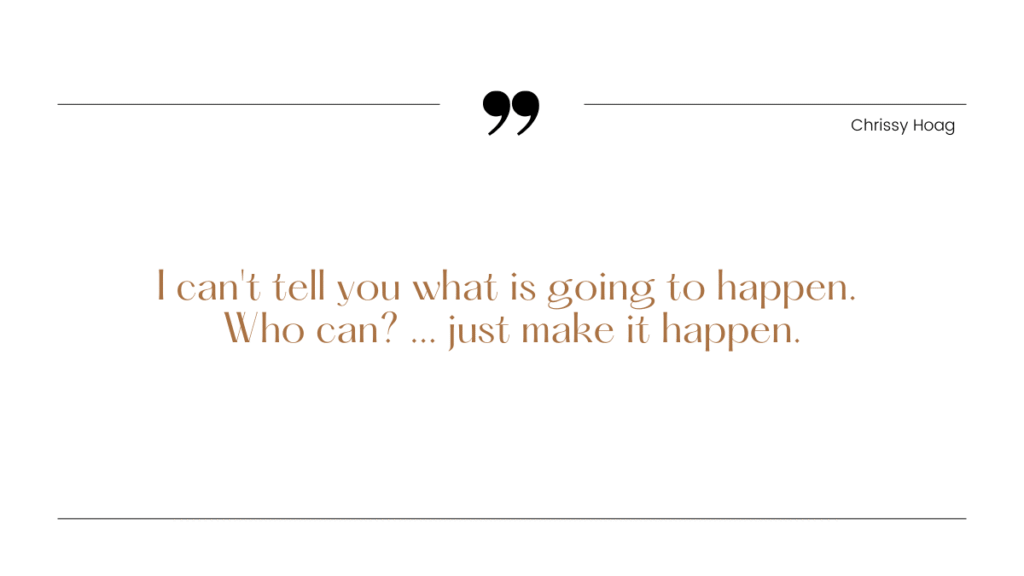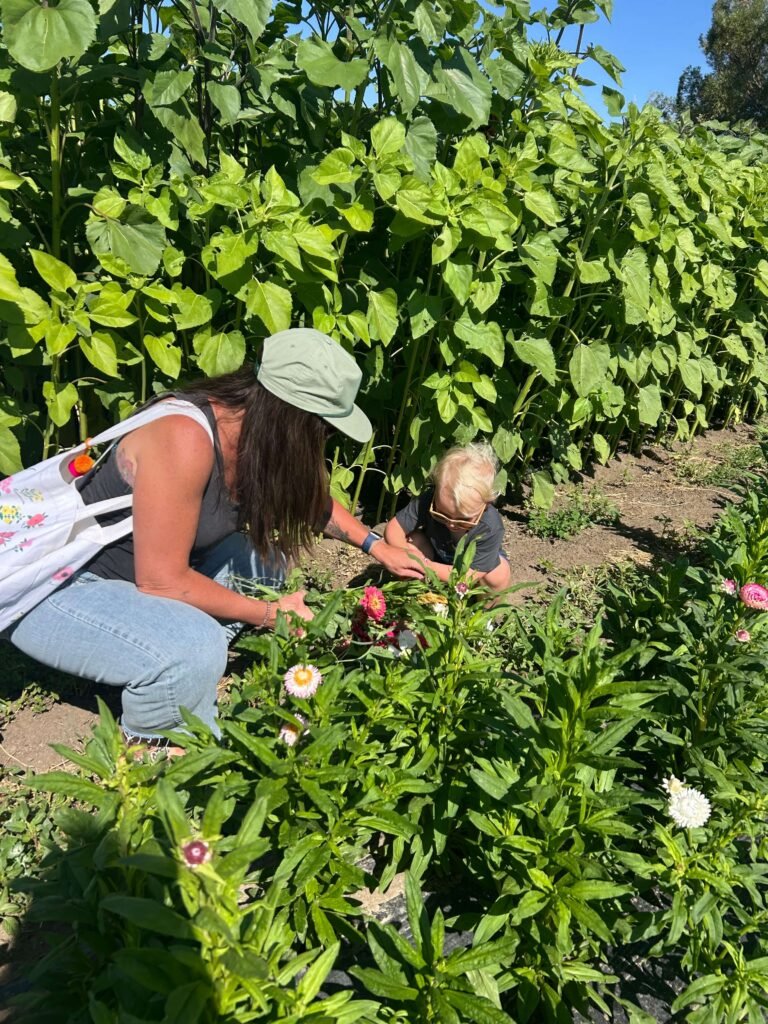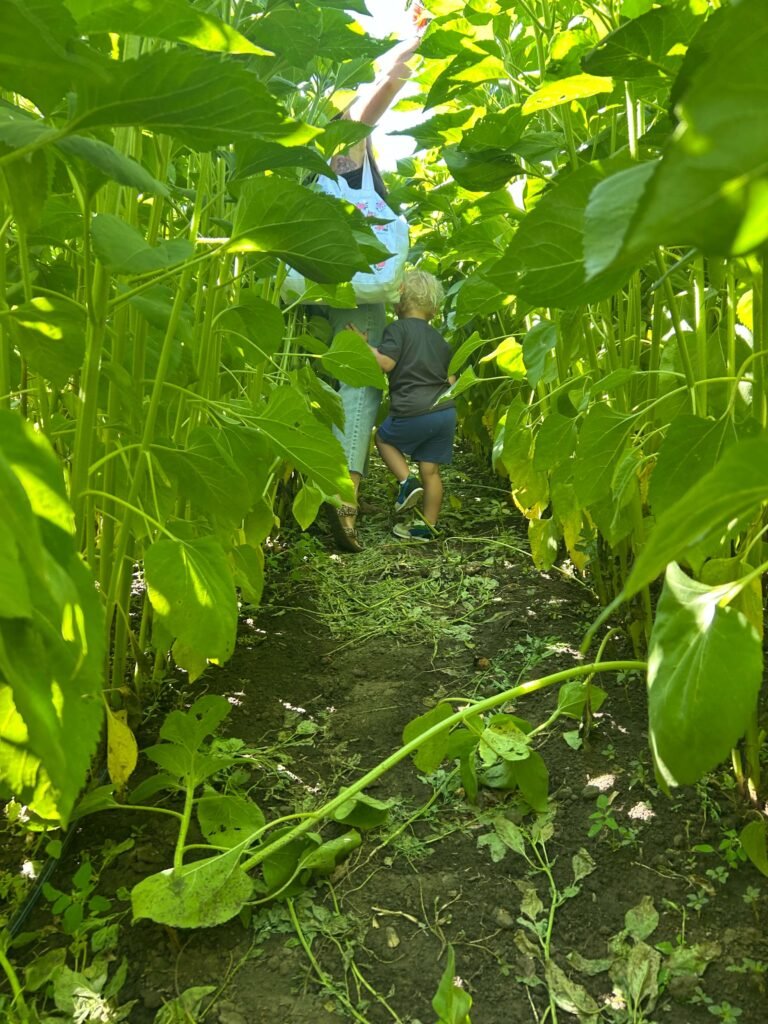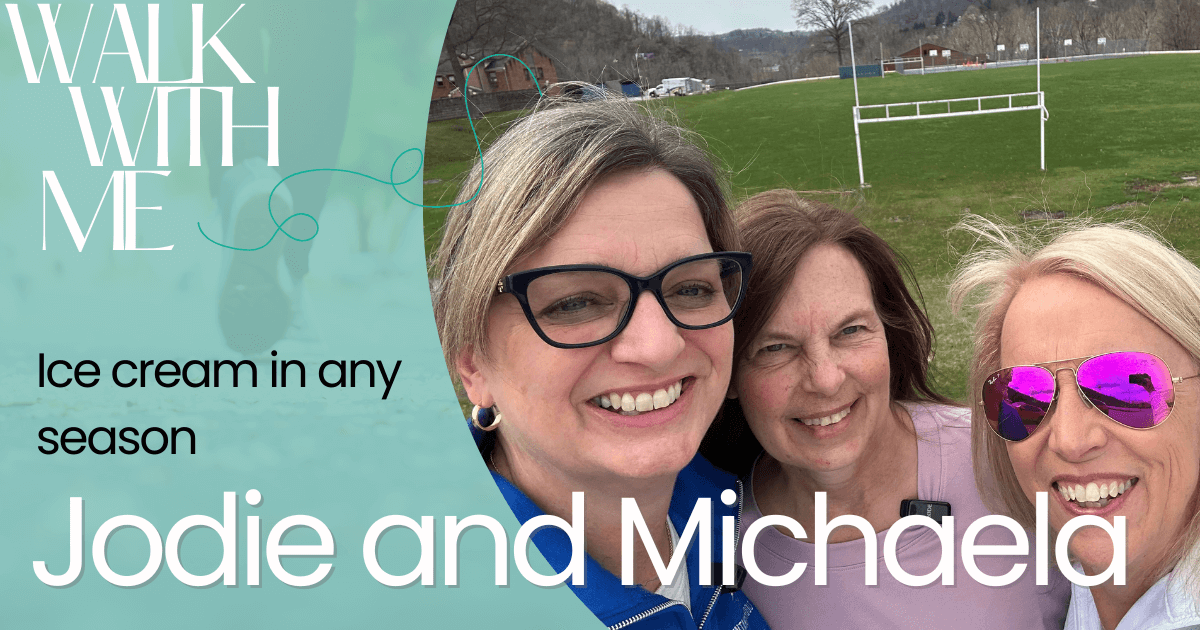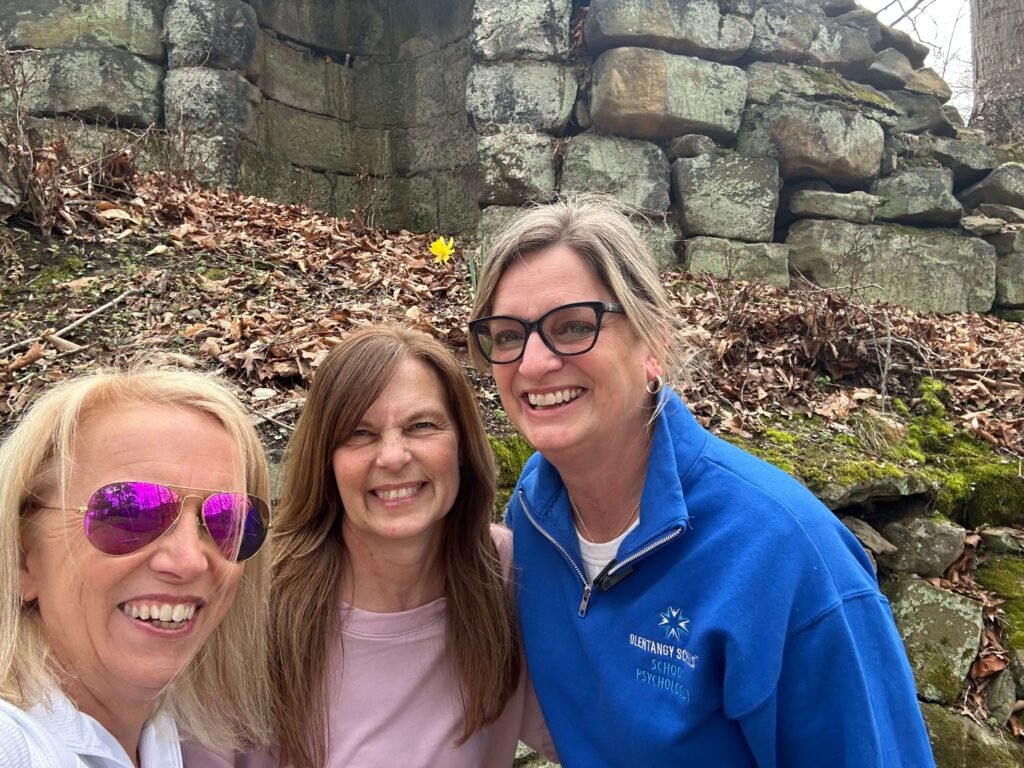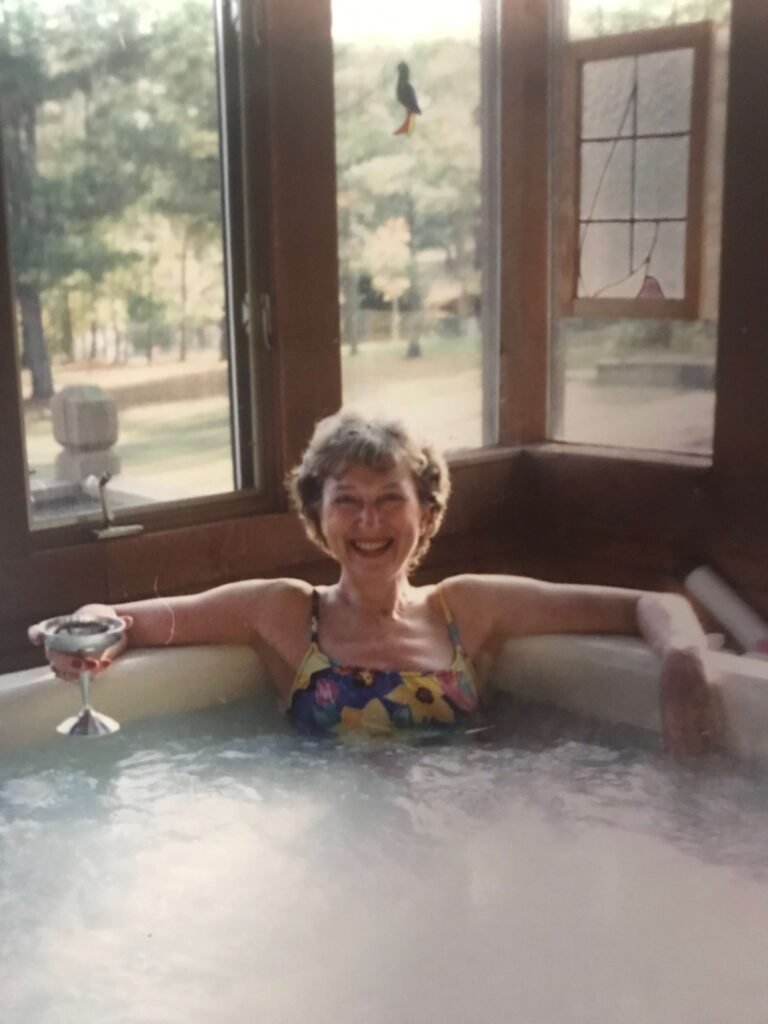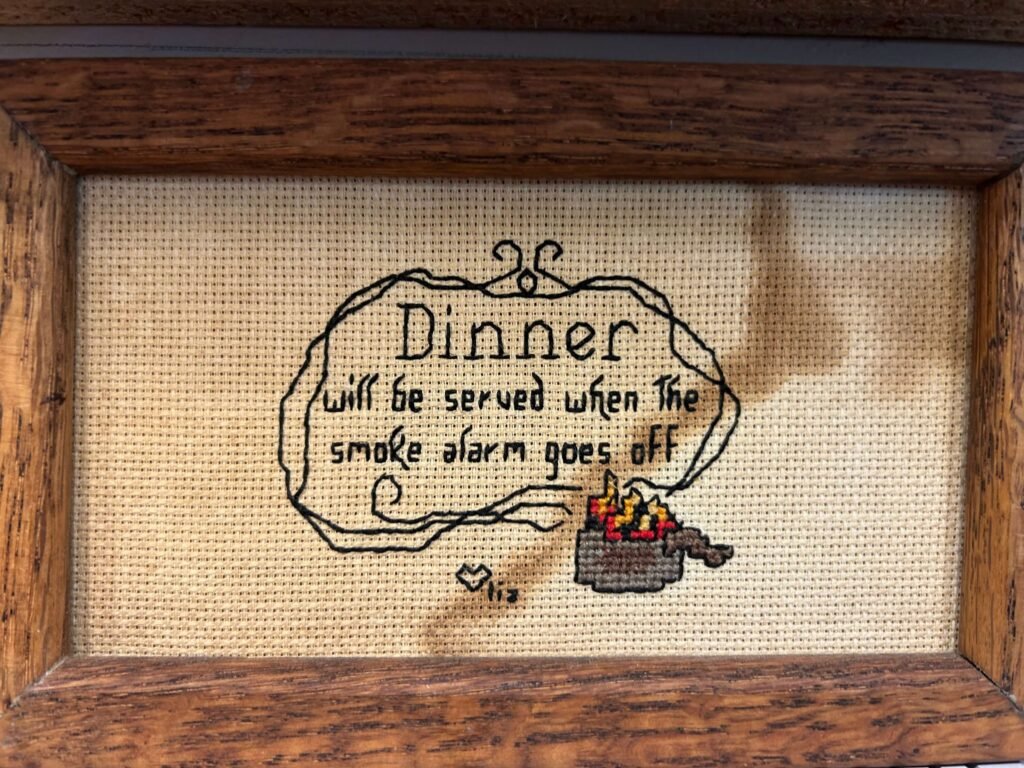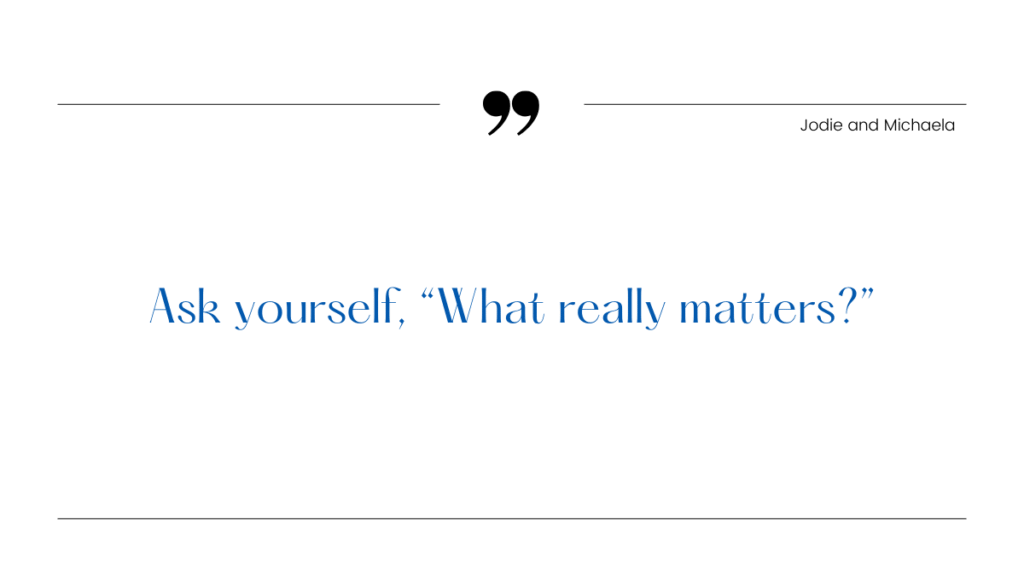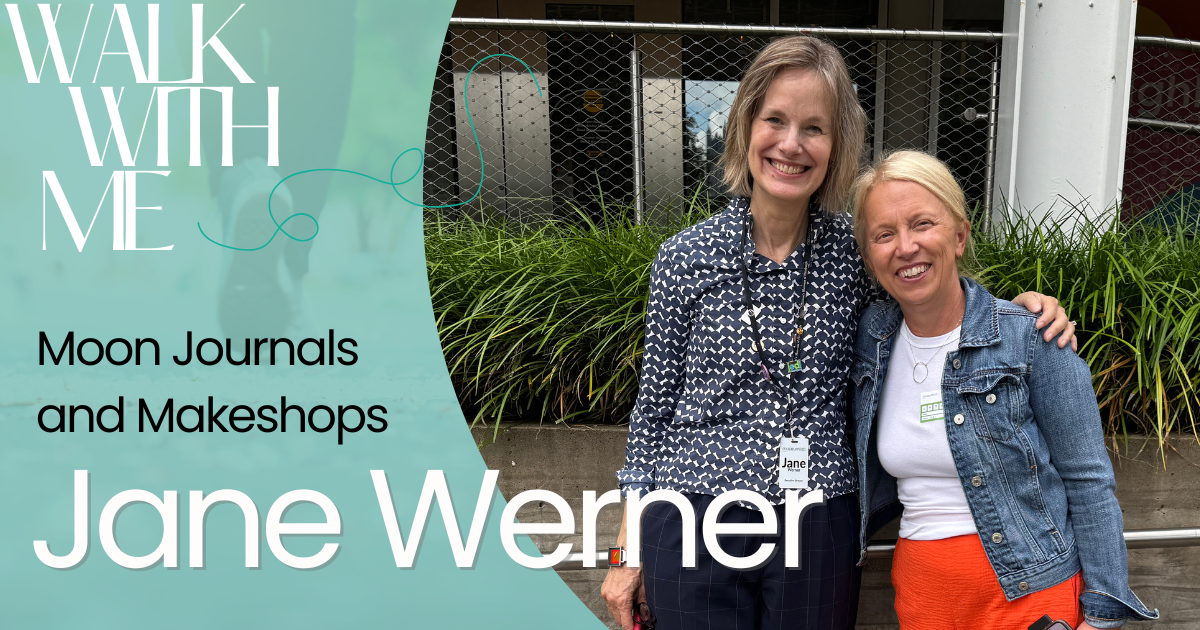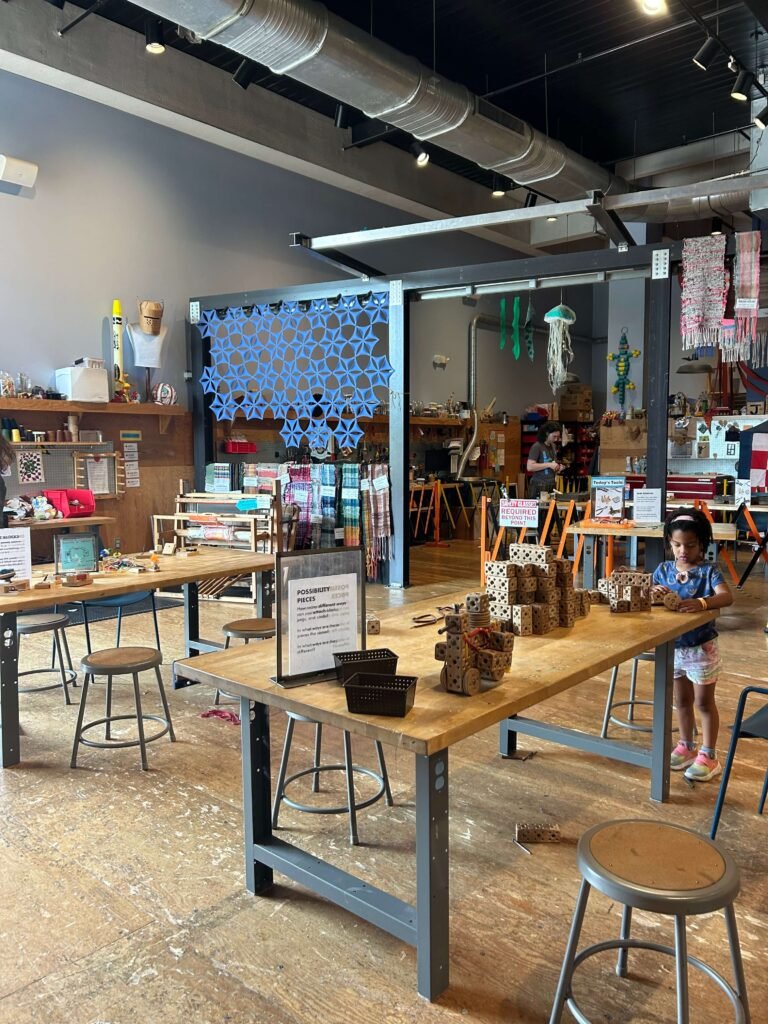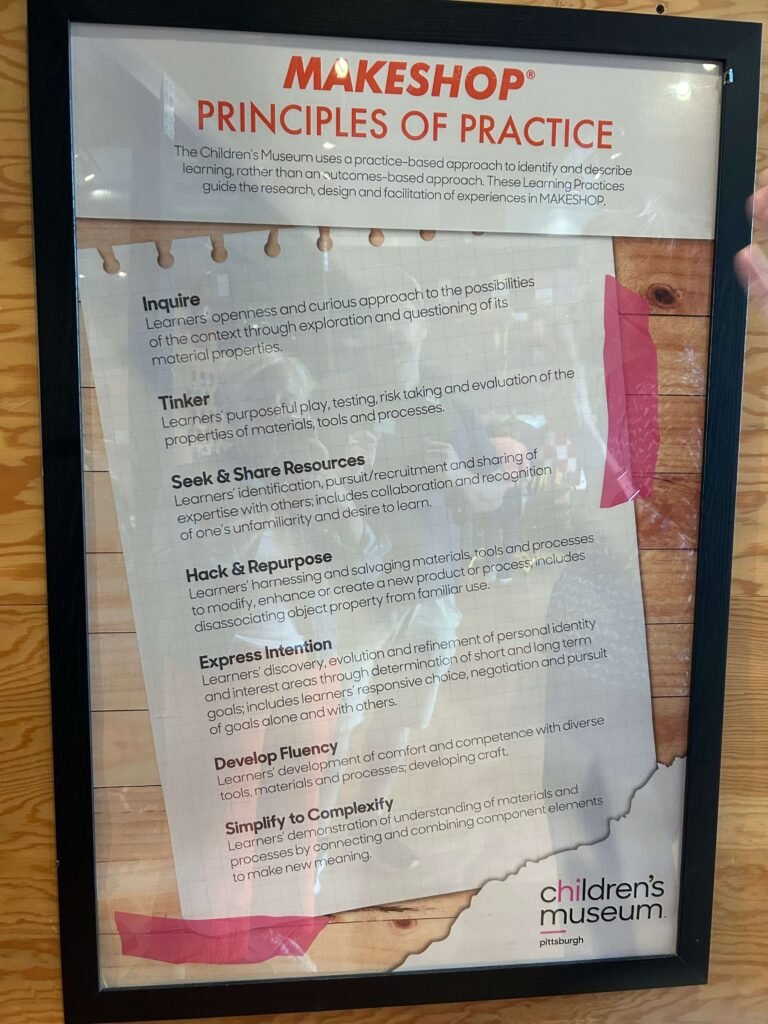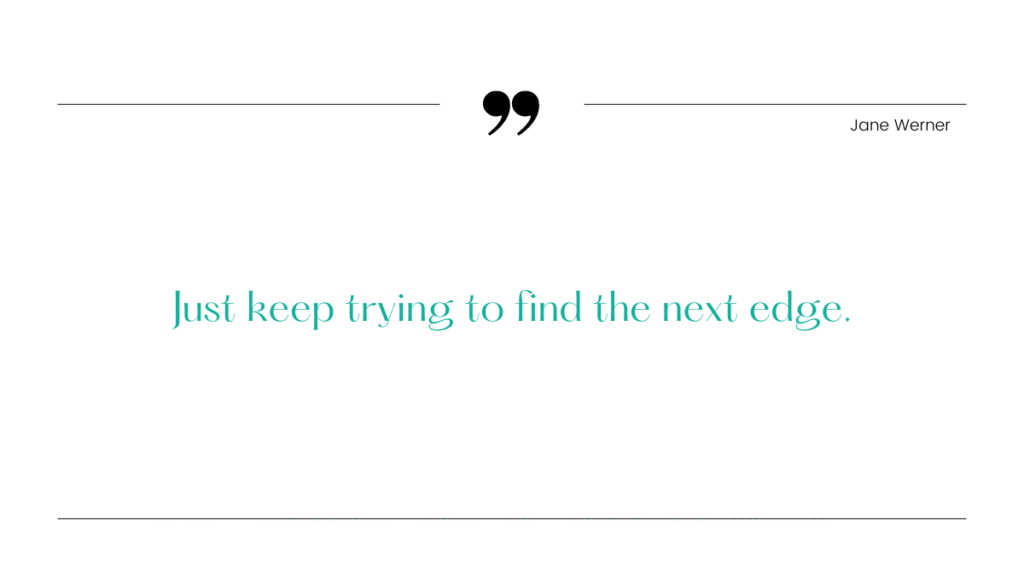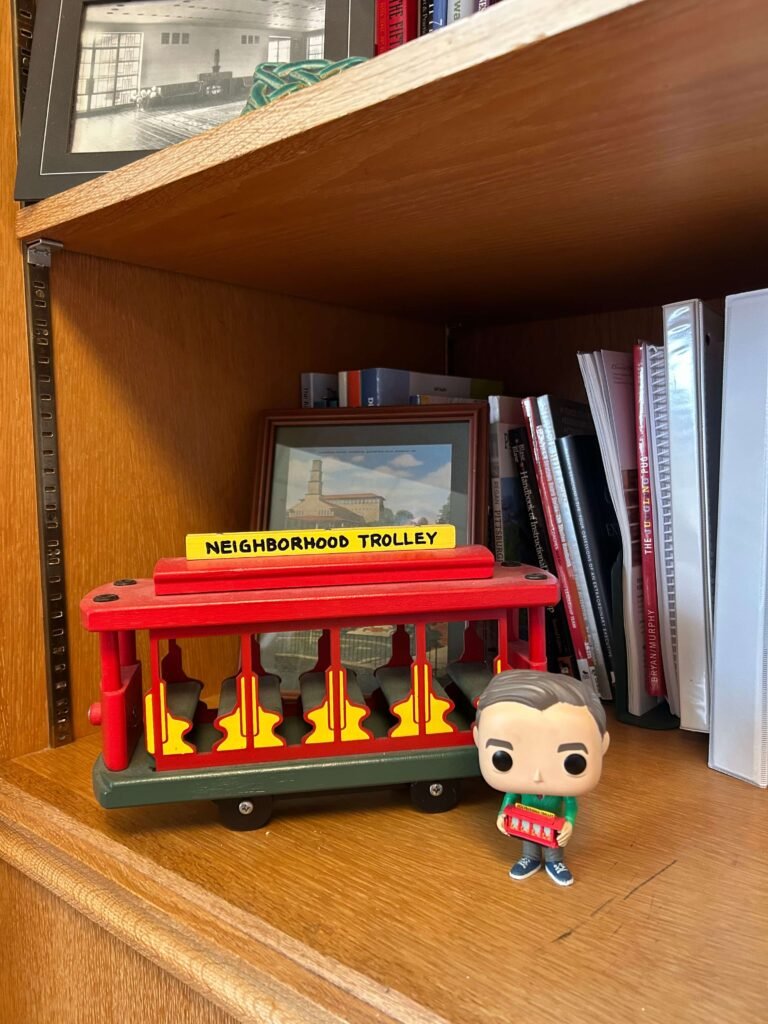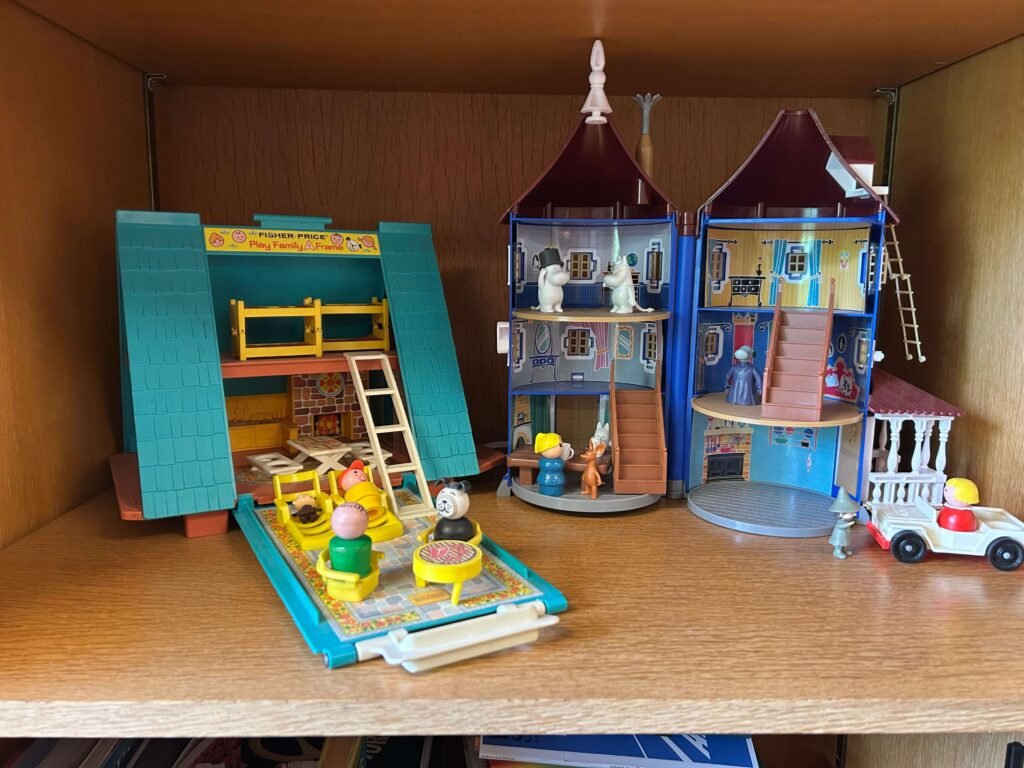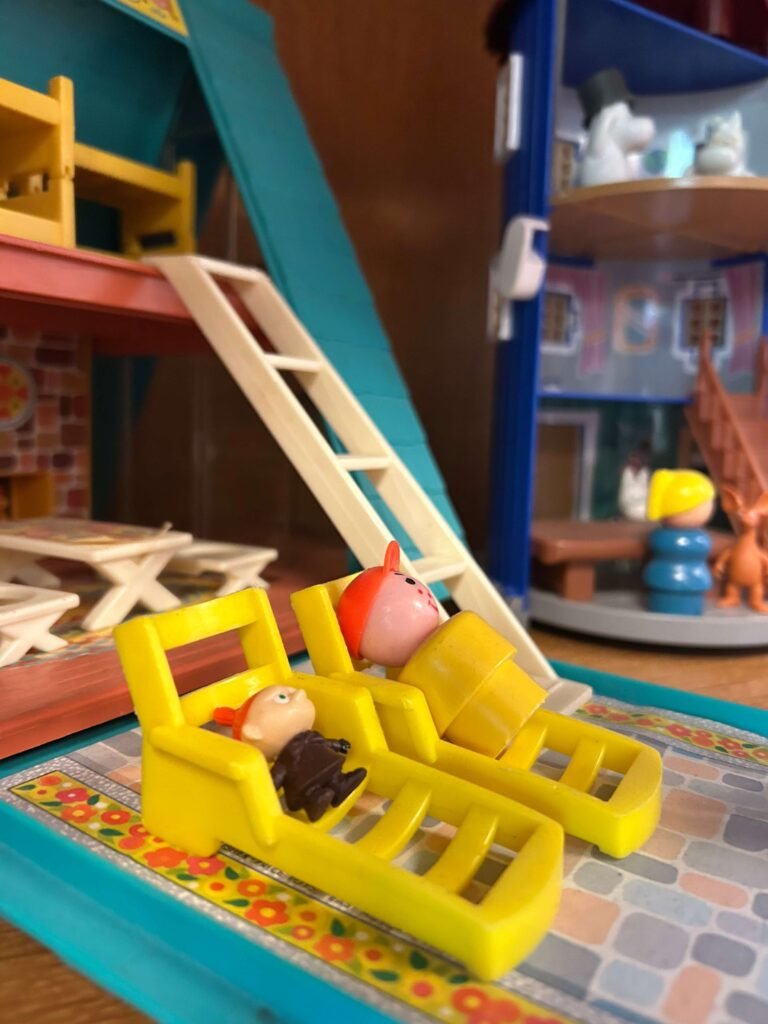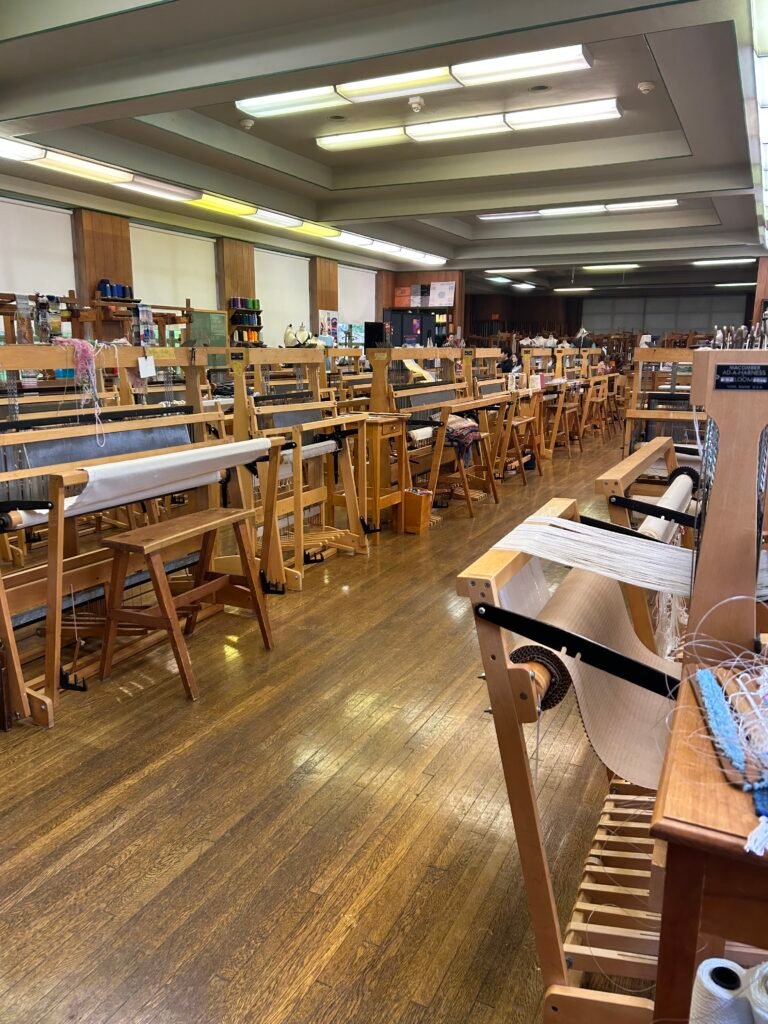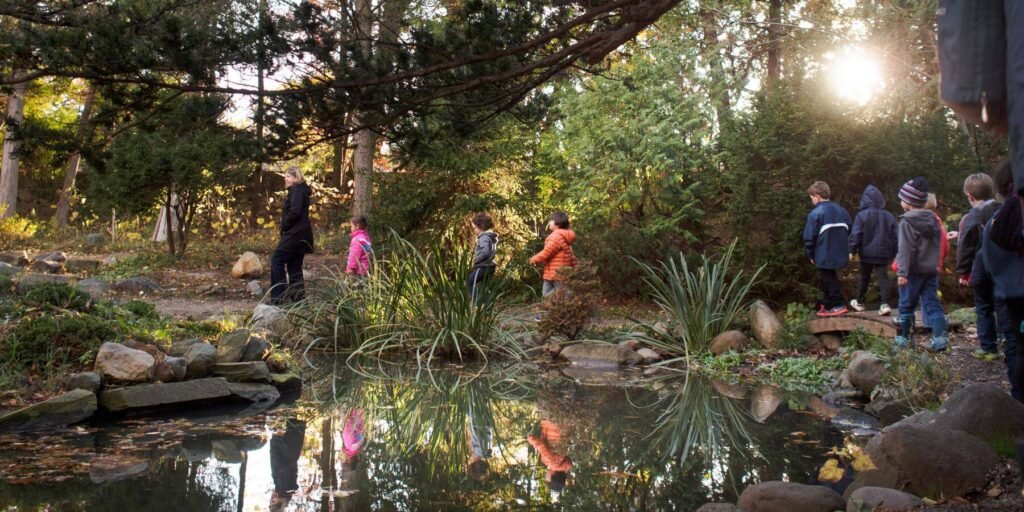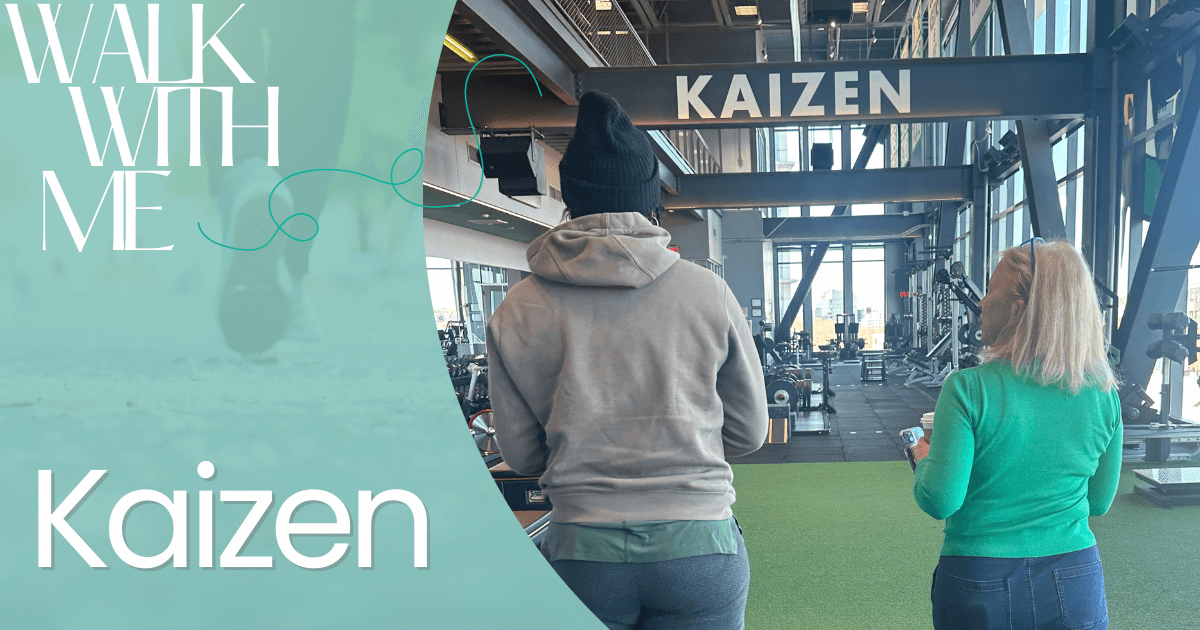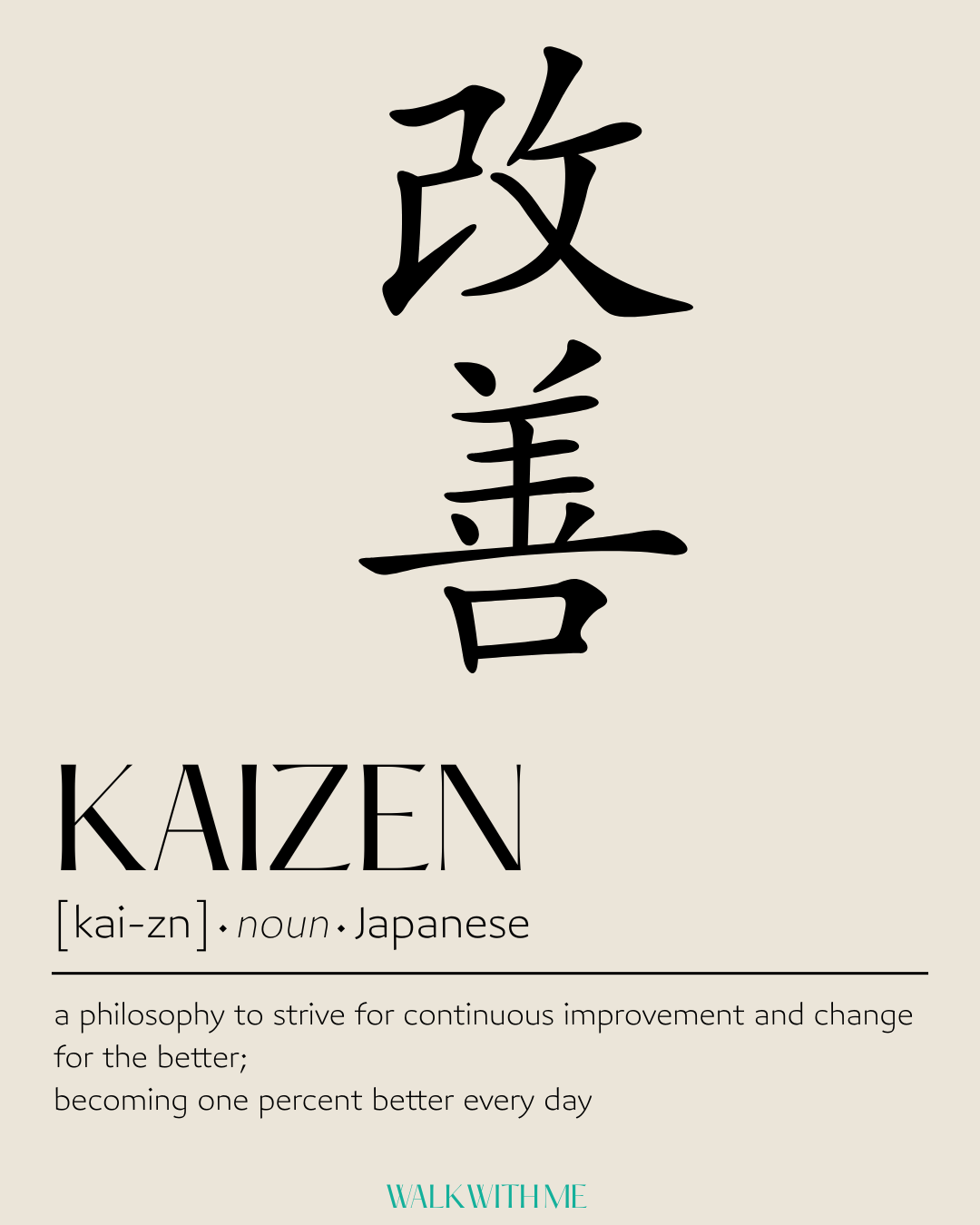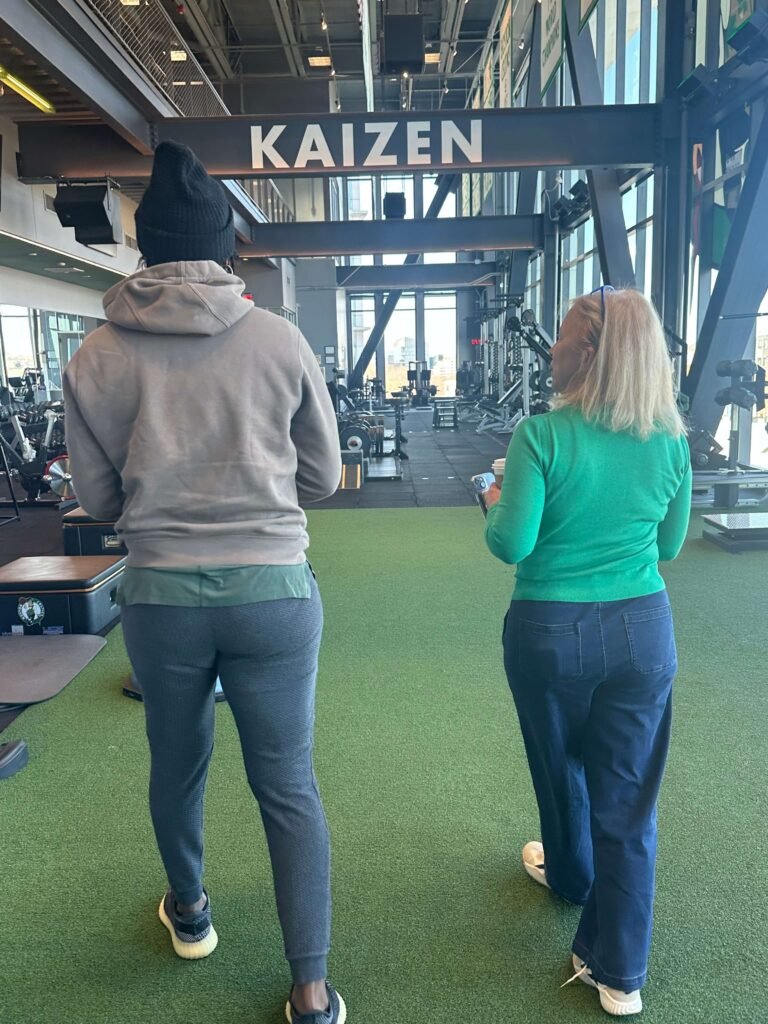There are times that I meet someone and I am drawn to their energy. Immediately, I sense that I am supposed to work with this person. Very few of them slip away and if they do, our paths cross again. As if it is meant to be. Keely Baronak has that energy. Luckily, our paths simply continue to cross.
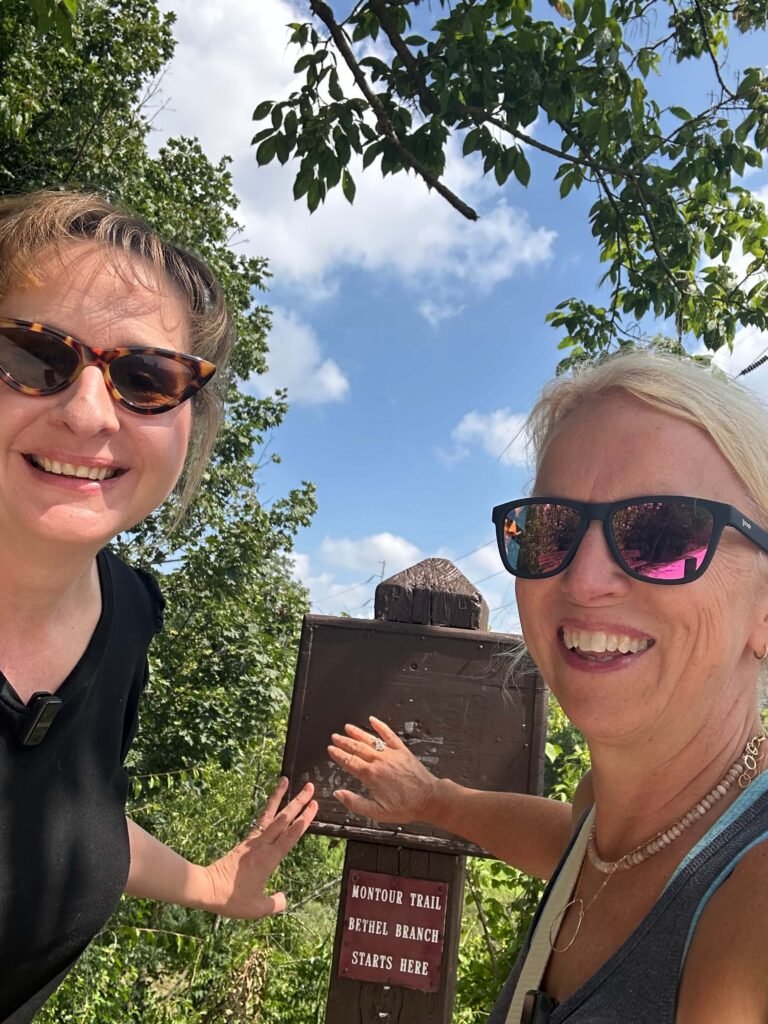
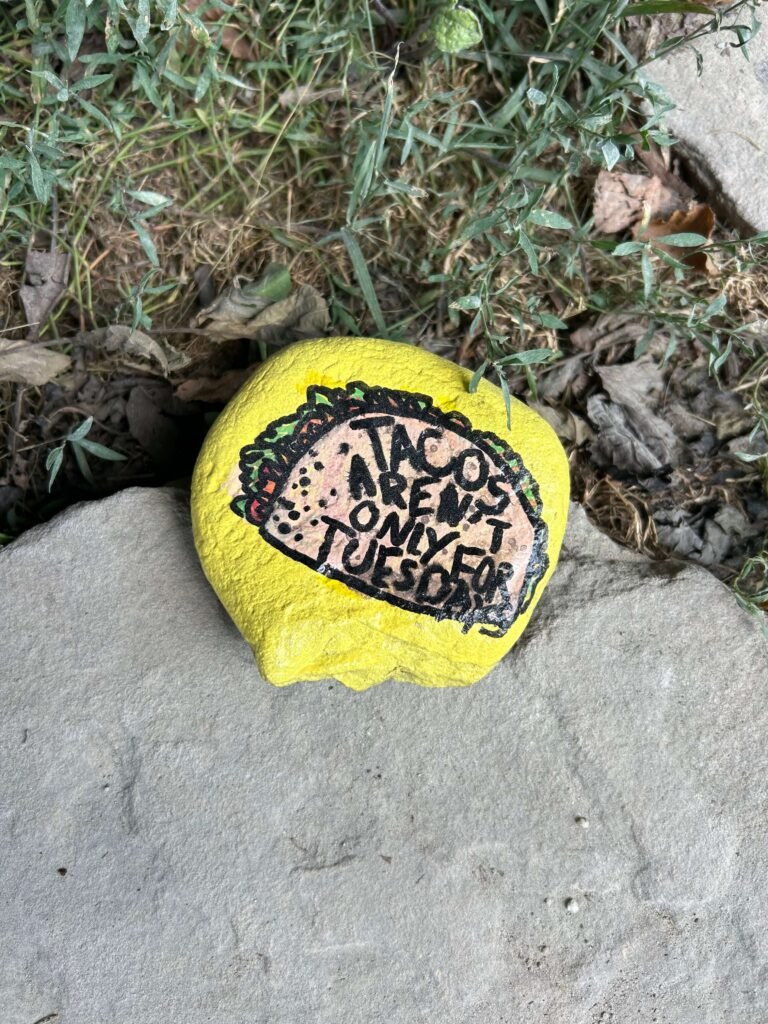
Liz: So let’s just start with… somehow the universe is like, let’s shake up this snow globe and make sure Keely and Liz land at the same place at the same time. And that really feels how fortuitous it is that you and I meet at Bethany.
We share an unmistakable zeal for teaching and learning. Little did I know in 2006 how appreciative I should be for that chance meeting. Keely is the newly appointed Dean of the College of Education and Social Work at Carlow University. I could list her accolades and detail the impactful grants she has been awarded, but doing so does not match with the humble, brilliant woman with whom I have walked this professional life for almost twenty years. When Keely speaks about the programs at Carlow, her words are marked by her animated gestures. Her eyes brighten when she mentions student success stories. I know few other people whose infectious enthusiasm simply radiates when we talk about pedagogical possibilities. And with Keely in the conversation… the possibilities are only capped by the limits of your imagination.
Keely: I think so much of what I do on a daily basis is people-connecting. I try to consider, who needs to be in which meeting, who needs to have what information?. It’s a lot of project management and then finding money. That’s what I do. So If I could distill it, that’s what I do all day.
Liz: And you’re very good at both.
Keely: That’s what I learned early on in stewardship. People give to people. They have to trust you. They have to believe in the vision that you’ve laid out. It’s the project, sure, but it’s more importantly, the person who’s going to shepherd it. And the team with whom you work has to trust you.
Liz: There were years that one foundation would say to me, ‘What money do you need?’ And there were some years when I didn’t need any money. I had no project in the works, which was a huge kick in the butt. You always need to have something in the works, right? Some pipe dream…
Keely: Three ideas ready at all times. This is what I have in the slide deck. You never know what will resonate.
Liz: That’s right. Whether it’s a donor or a partner organization or whatever the case may be. But now that I forced myself through that startup machine, I see everything with the possibility of how we might do it better, differently. That’s what you’re doing. One of my favorite things you’re doing is the apprenticeship work. Was that the biggest grant you got at Carlow?
Keely: 12 million.
Liz: That’s a staggering number to me. How did that come about?
Keely: My first year at Carlow, Rae Ann Hirsh, this dynamic Carlow professor, pitched an idea for an OCDEL grant. OCDEL is the Office of Child Development and Early Learning – the other arm of PDE which oversees early childhood education in Pennsylvania. We wanted to really understand the workforce needs of childcare centers and the barriers to high quality STAR ratings. So we started with two centers in this grant, and it bloomed into an idea for an apprenticeship program… a pathway for degree completion for individuals who work full-time in childcare centers.
Liz: So the students in the program were already full-time employees at the child care centers?
Keely: Yes, and remain so to this day.
Liz: So it wasn’t the other way around, that you took students and then got them employment. You were making a pathway for people who were working.
Keely: Right. Ours was unlike a more traditional vocational or skills-based apprenticeship program.
By the way it became the first registered four-year apprenticeship program in early childhood in the state of Pennsylvania. It didn’t happen overnight. One grant led to another and their reach grew.
Keely: Part of this was we knew we were in this for the long haul. So it started with a $1 million concept testing grant. We started with 22 apprentices, all from Allegheny County, and it worked, it grew.
So it took years.
Keely: But that was important, too, because the work was thoughtfully designed, right? Each step along the way showed the fidelity of the work and the impact it was having. Now we operate across eight counties in Western Pennsylvania. We work with 140 apprenticeship students and 87 childcare centers in any given year. We have changed course when we needed to, co-created with students for a richer experience. Our apprenticeship director. Sue Polojac, is dedicated to this work and the success of our students. Seventy five students have graduated. Another 35 will graduate this year. This creates an incredible ripple across communities and families.
What began as Rae Ann Hirsh’s visionary recognition of a critical workforce challenge in Pennsylvania’s early childhood education system has blossomed into a transformative force. Rae Ann and Keely refused to accept the status quo. That is what you do when you are with Keely, you look at the status quo and ask, ‘Is it serving the needs of children as best it can?’ Follow that with, ‘What can we do about it?’ The next thing you know we are reimaging systems. Keely has the persistence to nurture those reimagined possibilities into thriving realities.
It doesn’t come as any surprise that life wasn’t a straight line from Bethany to Carlow. Instead it comes with the natural peaks and valleys – great successes like a childcare center for professors’ families or an International Dyslexia Association accreditation followed by the confounding realities that moved each of us on to the next challenge. And when I say the word challenge, what Keely will hear is the word opportunity.
Liz: I used to think there had to have been a way that somebody could help me not get so lost. And used to, as in when I started this sabbatical or whatever the hell I should call it. And now I believe, no, we’ve got to go get lost.
Keely: Yeah, look at what you just went through. The richness was in the discomfort of it.
Discomfort. Life has taught us both to embrace it.
I remember with clarity… as if it happened moments ago… sitting with my legs folded on the floor listening to a guided meditation. I was just about to adjust my posture to find a more comfortable pose, when I heard, “Notice the urge to shift or adjust your position.” Indeed. “Don’t.” I stopped before I fired a single muscle to move. I listened. “Stay with this discomfort.” My mind had been screaming, “This is terrible I can’t stand it. I have to move” but I stayed. The discomfort passed. I think about that when I want to react… just stay. Pause. Say nothing. Do nothing.
When we sit with the raw edge of anxiety without immediately numbing it or seeking distraction, we discover that these feelings, however intense, cannot actually destroy us like we fear. It takes some radical courage to meet any negative experience with an open heart. If we don’t run from it, if we sit with discomfort in all of its phases, it may just transform us.
Keely: Well, I have thoughts anyway.
Liz: Let’s go.
Keely: Don’t you think, from your own experience, there is a mourning that we all go through, through each phase. A reidentification. And the more tightly we have aligned ourselves with the identity of our profession, the more significant it is. But after several moves and life iterations, I’ve learned we’re all so easily expendable. I don’t mean that in a fatalistic way.
Liz: No, but I think you can now see that who you are isn’t just dean of a college.
Keely: But who we are is more important. When I leave this place, will I have empowered enough people and connected with enough people, particularly their heart, right? To have made that difference. Because the things I do can be easily replaced and done by another. So the legacy is in the people.
Liz: And yet…
Keely: The programs themselves and the partnerships are leadership dependent every time. Those can’t be the legacies that we try to cling to, I guess, was my point, because it might be undone in the end.
I no longer try to cling to the things that are built. There’s an impermanence to all of it. Maybe the program looks differently. Maybe they will close it. But for a time, it had its purpose and its impact.
Liz: And it is now inspiring the work you’re doing, even if it looks completely different.
Keely: Absolutely.
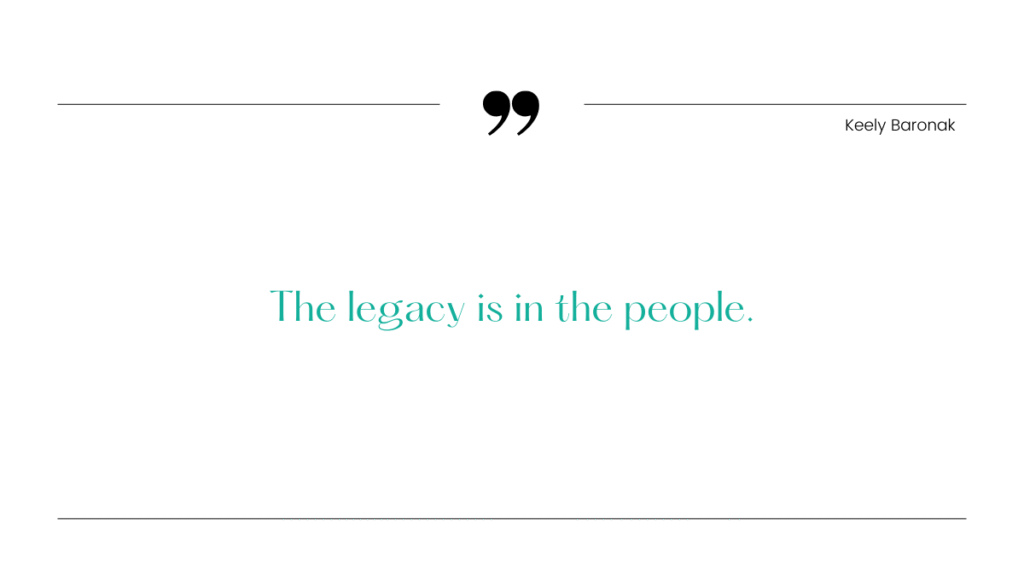
Nothing lasts forever. Even the apprenticeship program developed under Keely’s leadership may some day be altered or closed. It doesn’t matter. The people who were involved will carry the feelings forward. They will be inspired. They will be transformed. In turn, they will inspire and transform others.
While we are not naming it directly, we are talking about leadership succession. Success wasn’t due to strategy, or leadership style as much as it was the connection and the trust built with people. Authentic connection and trust that they will carry forward and demand from future leaders …or grow into those very future leaders in their own right.
Keely: The playbook is worthless without people. It’s both – the people and the leadership.. It’s humbling, but both are absolutely essential ingredients. And the right team, not just any player. I’m so lucky to be on the bus with incredible people right now – look at our Dyslexia Program in The Campus Lab School and our Reading Specialist Program. Or look at the Teacher Diversification program. We have graduated almost thirty educators in the Power of One program.
Liz: Yeah. Back to who’s on the bus.
But the bus route changes. There are detours. The passengers change. These are inevitabilities. We can try to guard against them, but that is futile. Change is part of the process. Thank goodness Keely found herself on a bus with Rae Ann when she arrived at Carlow. She stepped on that bus in a state of discomfort expecting to hold people off. She’d sit in her own row alone. She thought she would establish boundaries where life and work were compartmentalized.
Keely: When I started at Carlow, I didn’t know what to do except hold boundaries. And then here came Rae Ann.. And then you have to let yourself be broken open, but in a very different way. Rae Ann passed away in September of 2022 following a battle with cancer. It will be three years ago this month, and I still miss her everyday. I still talk to her when I’m driving to work in the morning. Rae Ann would love what’s happening with our new college.
Liz: She inspired it.
Keely: She had such a huge influence on my life in a very short period of time .We became great collaborators and even better friends. I sat at her house in December of my first year at Carlow (2017). We were in her living room on the couch together over break working on a project after she said, “Hey, would you support this idea I have for an OCDEL proposal?” She was the impetus for the $12 million. The whole program is now named in her memory. And to be able to have a relationship with her daughter Gabi now is so special.
At work, there are relationships that are more personal than others. I just try to ensure there’s an intentionality about it all. I’ve tried to learn through all of life’s failures and setbacks how to be a better person, a better leader. I know now how to build the trust of a team and how to best empower those around me to be leaders. As you know, I was diagnosed with cancer last year. It’s another story for another walk someday. It brought up so much fear and so much uncertainty, but the team at work was steadfast. It’s powerful to know that you are part of something bigger than yourself and that you have the support of so many incredible people who are on the bus with you.. I think leaning in to the discomfort and fear, this is life’s work.
As we learn to befriend our own difficult emotions, we naturally become more available to the teachers who appear in our lives. When we stop armoring ourselves against discomfort, we become receptive to the people and to the lessons they bring, so we can expand into our full radiance.
Keely: It’s all so incredible to me. The people that we will meet, and maybe they all won’t stay long, but they can have a lasting positive impact.
Liz: But they’re in your life for a reason.
Keely: Yes, There are also the ones who stay in your life and don’t leave, even when it gets hard. They are uniquely special. And, there are even more people to meet, too, which has been a grace-filled experience for me. Knowing that we haven’t yet met everyone who will influence us – who we will learn from.
Liz: …which is why I’m taking this job.
As the Executive Director of the Pennsylvania Association of Independent Schools.
Liz: It is not about the position. It is not about that… And I had to really get clear on this. It is about the people I met. I have goosebumps even saying this, something made me feel like I’m supposed to work with these people. So much so that I had this sense that if they didn’t offer me the position, I was going to seek these people out to figure out how to work with them anyway. And I think that’s important.
Keely: There’s a knowing that I think you’ll take into this next role now. And I think you gave yourself the time to not rush into something.
Liz: Yeah, I don’t give myself credit for that. The universe gave me the time.
Keely: You want my two cents? You seem very more centered. I’ve even seen that since the start of your walks, though. Because at the start of your walks, like you said, what is my purpose and identity here? And now it’s almost like you’ve ground into yourself. There is a knowing in you. That’s what I try to do now, daily, not weekly. Connect again with the knowing. What is sacred? What’s the soul part of this work I should do?
Through discomfort and the challenging teachers who bring lessons we still need to learn, we find we are not the fragile beings we once believed ourselves to be. Each time we unhand the role of victim, let go of manufactured control, we drop deeper roots into the unshakeable ground of our own being. We are no longer blown off by life’s winds; we bend without breaking.
Imperfect conditions and their challenges are the settings for our next opportunities. Infinite possibilities to mine with the imperfect people whose paths we crossed and still carry with us.
I found Keely Baronak originally because I couldn’t bear to leave Grace as a toddler. I drove to Bethany College one evening each week to teach a senior seminar. I’d leave early enough to stop at Chambers General Store and get a cheese and tomato sandwich before they closed at 5:00. Once back in my car, I’d unfold the wax paper that protected it. The papery percussion of the wrapping would fill the silence left when a child’s car seat is unoccupied. It was the best bridge between parenting and guiding the next generation of teachers. Even then, I was settling into myself instinctively. I can see now that I was dropping roots into my future self. As was Keely. How blessed we were to walk past each other in those empty hallways in the evenings and stop for a brief chat that would electrify our thinking.
We are still dropping roots almost twenty years later. We are still identifying the bridges to what’s next. We are still finding the best people with whom to cross paths. It all remains electric.

